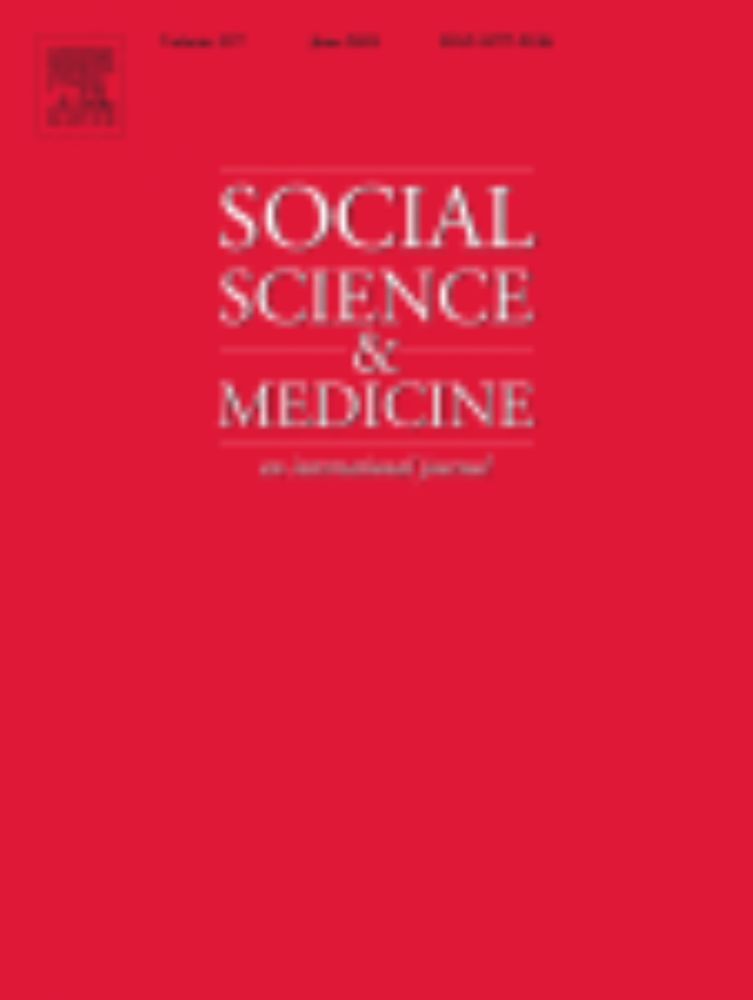
Sarah W. Lenhoff
@sarahlenhoff.bsky.social
Education policy researcher and professor at Wayne State University, DPSCD parent, neighbor, friend. Director of Detroit PEER: detroitpeer.org
Our new research does not support the idea that there has been a marked increase in week-long absence streaks since the pandemic that would align with long vacations. It doesn't meaningfully contribute to elevated chronic absenteeism rates. www.aei.org/research-pro...
www.aei.org
November 10, 2025 at 9:03 PM
Our new research does not support the idea that there has been a marked increase in week-long absence streaks since the pandemic that would align with long vacations. It doesn't meaningfully contribute to elevated chronic absenteeism rates. www.aei.org/research-pro...
😂 it is hilarious to me that this exists
October 14, 2025 at 2:56 PM
😂 it is hilarious to me that this exists
Congratulations, Alex! Ordering now, can't wait to read!
August 5, 2025 at 2:53 PM
Congratulations, Alex! Ordering now, can't wait to read!
Thank you! Great collaboration as part of the REACH center at Tulane!
July 7, 2025 at 8:35 PM
Thank you! Great collaboration as part of the REACH center at Tulane!
Reminds me of work by @chantalahailey.bsky.social on perceptions of school safety and quality, esp. during COVID! www.sciencedirect.com/science/arti...

Unmasking racial avoidance: Experimental evidence on parental school choice and public health policies during the Covid-19 pandemic
COVID-19 drastically changed the school choice landscape as families considered schools with varying public health protocols as well as academic and d…
www.sciencedirect.com
May 1, 2025 at 9:02 PM
Reminds me of work by @chantalahailey.bsky.social on perceptions of school safety and quality, esp. during COVID! www.sciencedirect.com/science/arti...
It's absolutely true that some students will be absent no matter what. We argue that health and mental health are major barriers and that drs should work with schools and families to support students, even if that means developing individualized plans for how students can succeed even when absent.
April 10, 2025 at 7:13 PM
It's absolutely true that some students will be absent no matter what. We argue that health and mental health are major barriers and that drs should work with schools and families to support students, even if that means developing individualized plans for how students can succeed even when absent.
We have recommendations for policymakers and community orgs, too! We need to greatly expand the table of people and organizations who are thinking of student absenteeism as a problem within their scope of influence. Schools cannot solve it alone, and asking them to do so undermines their core work.
April 10, 2025 at 2:40 PM
We have recommendations for policymakers and community orgs, too! We need to greatly expand the table of people and organizations who are thinking of student absenteeism as a problem within their scope of influence. Schools cannot solve it alone, and asking them to do so undermines their core work.
3) Avoid counterproductive practices like punishment, penalties, and even some incentives that feel like punishment if students miss out.
4) Attendance-specific personnel should be used as expert navigators to support students with specific common barriers, like housing, transportation, or health.
4) Attendance-specific personnel should be used as expert navigators to support students with specific common barriers, like housing, transportation, or health.
April 10, 2025 at 2:40 PM
3) Avoid counterproductive practices like punishment, penalties, and even some incentives that feel like punishment if students miss out.
4) Attendance-specific personnel should be used as expert navigators to support students with specific common barriers, like housing, transportation, or health.
4) Attendance-specific personnel should be used as expert navigators to support students with specific common barriers, like housing, transportation, or health.
While there's no silver bullet, we have some ideas.
1) Double down on relationship building and positive school culture, so when families have attendance problems, they are more likely to share them.
2) Focus data collection and analysis on the reasons students are absent, rather than the rates.
1) Double down on relationship building and positive school culture, so when families have attendance problems, they are more likely to share them.
2) Focus data collection and analysis on the reasons students are absent, rather than the rates.
April 10, 2025 at 2:40 PM
While there's no silver bullet, we have some ideas.
1) Double down on relationship building and positive school culture, so when families have attendance problems, they are more likely to share them.
2) Focus data collection and analysis on the reasons students are absent, rather than the rates.
1) Double down on relationship building and positive school culture, so when families have attendance problems, they are more likely to share them.
2) Focus data collection and analysis on the reasons students are absent, rather than the rates.

